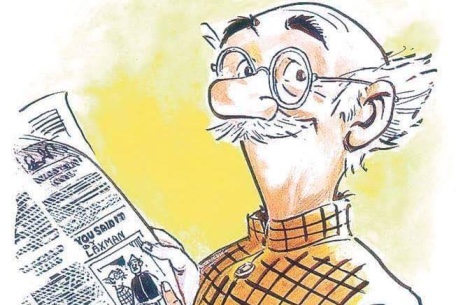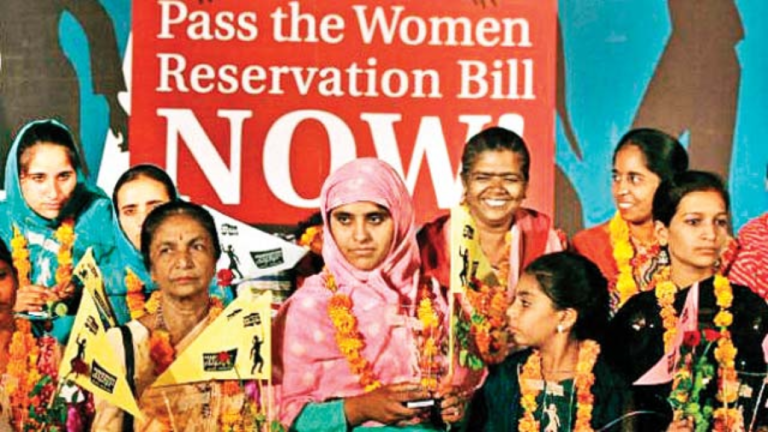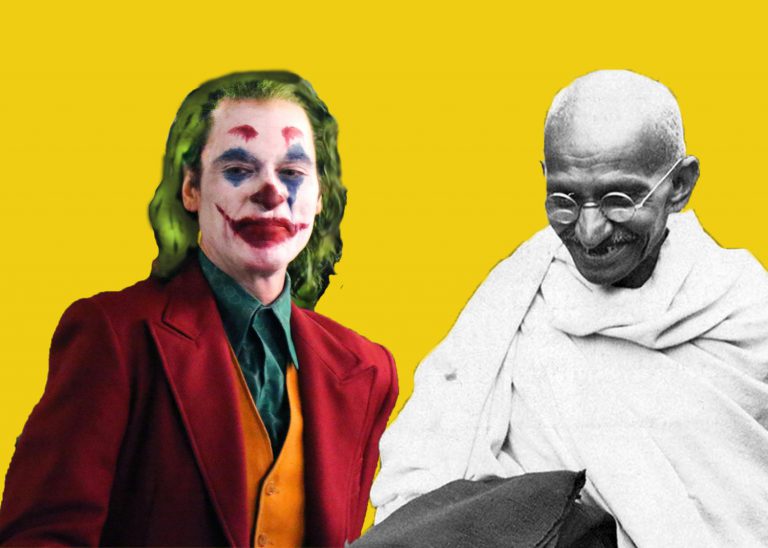How disruptive is the ‘Dream Girl’?

Srinath is the Founding Editor of The ArmChair Journal. Currently at the University of Chicago, he is also an alumnus of IIT Madras, Ashoka University, Rishihood University and Purdue University.
“The era of good content is here, and audiences want to see the most disruptive, different content in every genre. I am glad that people are connecting with the kind of cinema that I am doing, and it only motivates me to be braver with my film choices,” Ayushmann Khurana said about the success of his film ‘Dream Girl.’
This is the second film I watched after Ayushmann’s ‘Vicky Donor.’ Hence, it was natural for me to see a common thread that connects them. As a sperm donor, the lead character brings life to many kids while hiding his profession. The profession that was in hiding was justified based on a humanitarian consequence of it.
The genre that comes associated with activities that are not the social norm is a comedy. This is perhaps because comedy is about being honest, helpless, and stupid- all at the same time- wherein stupidity is associated with being abnormal, or queer. The helplessness is because there is no other way to go about it, as much as the character sees. In a way, these could be called queer professions- which appear to uphold some form of being human, at the same time is contrary to what society generally believes in. Needless to mention, ‘Vicky Donor’ aced it.
In Dream Girl too, Karam who has been naturally gifted to produce a voice of a girl- that too beautiful melodious ones which everyone wanted to listen to, could inherit characters across sacred and pious Sita, to the darling of Lord Krishna- Radha, all endearingly while earning admiration from the audience. People keep Sita mai busy seeking her blessings. Yes, they keep her busy even while she brushes her teeth.
Compulsions of career make Karam bump into a businessperson. All business is about exploiting or addressing an apparent need in society. If the lack is not visible, it is also about manipulating the customers to need something new. On the other side, somehow, businesses also tend to improve society as it has a component of addressing social needs. Karam’s new job is to take the calls of Pooja, who is on leave. Karam is better at it, and so gains a special place in the company.
The role is about keeping customers engaged in talking to her. These are people who see a shortage of love in their lives and are lonely. They are in our homes, in our neighborhood, among our relatives, and everywhere around. They resort to talking to Pujja as an escape from the everyday dearth of love- with changed names and identities. It is a rejection of one’s own self in pursuit of love. It is a critique of modern technological lifestyles which keeps itself busy in an individual personal life based on mobiles and in technology, rather than seeking a human connection with each other. Like, it says no one takes a family picture anymore, but only a selfie.
What does Puja do and the relationships she must negotiate is the undercurrent, which keeps us engaged. How far is Pujja going? How is Karam going to negotiate with Pujja?
We know it from the beginning that Karam must somehow come out of it and make himself acceptable on social terms- which means to resort to social norms and practices. Now and then, we also see Karam making socially conscious remarks like- “No means No,” or an idea that love is beyond any boundaries. This makes it interesting when Karam himself fears standing social scrutiny- which makes him budge to the blackmail of his boss. Karam sticks to his abnormal profession because of such threats on his image. A ‘Sita mai’ who seduces everyone at night is the last thing anyone would want to see.
It builds up an expected promising setting for the climax, as Karam starts accepting Pujja as part of himself. It appeared to target something big. But, it falls a little short. It seemed to talk about a woman within every man and falls short. It becomes more about Karam than an identity like a man. It becomes more about the naturally imposed character of Karam with an ability to imitate a woman, than about the identity of a man as such. It preserves the man in Karam as it is.
Mahi is his love. She is not just a love interest but is also the first one to accept Karam. She is the first follower- who sees a justification in what Karam does and his abilities. She opens up the possibility of accepting Karam. While a charge is raised on Karam for killing Pujja, Karam does not deny that Pujja ever existed. Karam accepts the existence of Pujja but within him. Karam does kill Pujja as long as he asserts himself as a man.
Karam asserts his identity of being a man- such that he challenges people interested in Pujja to marry him. Not just that, he challenges men; he also challenges a woman who is interested in Pujja. The rejection of Karam by this woman meant Karam was a man being rejected. This subtle assertion by Karam is startling because of the way he challenges everyone tells us that Karam saw himself as a man too. But, as a man with unique abilities to mimic a woman. Such a woman accepting Karam would have meant she appreciated the woman within man. Mahi’s own acceptance of Karam is because of him being a man with special capacities.
The success of Karam himself at the call center was perhaps because Karam understood men better than what a woman could. He spoke what the men wanted to hear- he had social access to the minds of all men. It kept the binary of men and women intact. Karam does not disrupt anything, as such.
While it falls short of gender promise, it also blames the capitalist for exploiting the loneliness in everyone’s hearts. After all, Karam’s justification of himself and his profession meant there was a need in the society that’s to be addressed. The capitalist was seen not as someone addressing this situation by providing love to those who needed it, but as an exploiter of these feelings for his profits.
This again falls back on general tendencies in Indian society to look at businesses and capitalists with distrust. Karam’s comments on modern lifestyles is a rejection of it with a conservative undertone.
To conclude, as ‘Dream Girl’ appears to create content which is ‘disruptive,’ it falls short. It is another tale that moralizes an abnormal protagonist and makes society realize the normality within its abnormality, for Karam is absorbed by the binary norm as it is.
Featured Image Credits: YouTube Trailer









Readers' Reviews (6 replies)